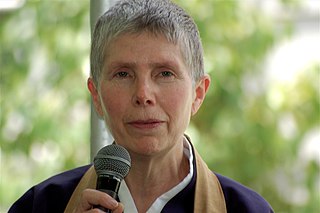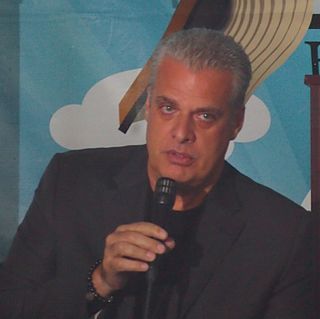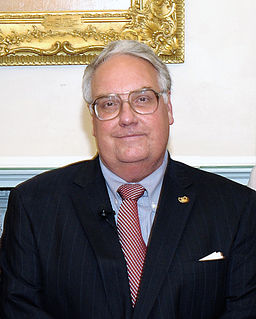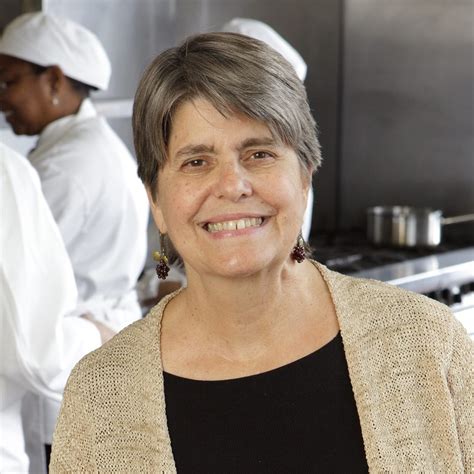A Quote by Joyce Meyer
Food is not the problem. It's what we do with food that becomes the problem. That's why we need to learn to keep everything in our lives - especially our eating - in proper balance.
Related Quotes
I understand, of course, that grain-fed meat is not the cause of the world hunger problem - and eating some of it doesn't directly take food out of the mouths of starving people - but it is, to me, a symbol and a symptom of the basic irrationality of a food system that's divorced from human needs. Therefore, using less meat can be an important way to take responsibility. Making conscious choices about what we eat, based on what the earth can sustain and what our bodies need, can help remind us that our whole society must begin to balance sustainable production with human need.
The problem is not in the food... The problem lies in the mind. It lies in our lack of awareness of the messages coming in from our body... Mindful eating helps us learn to hear what our body is telling us about hunger and satisfaction. It helps us become aware of who in the body/heart/ mind complex is hungry, and how and what is best to nourish it.
Cooking is a holistic process of planning, preparing, dining and sharing food. I place food at the center of our humanity, as it nourishes not only our physical bodies but also our emotional and spiritual lives. Food is truly a cultural phenomenon that informs our traditions and our relationship with the earth. I genuinely believe that food connects us all.
There is one thing that very reliably try to trumps the food supply and that is food demand. At the end of the day, the business of business is business and they are just trying to keep the customers satisfied, it depends what we want. The problem in our current mess is we want all the wrong stuff. Why do we want the wrong stuff? Because taste buds are very malleable little fellows. They learn to like what they know. We're bathing our taste buds in too much sugar, too much salt, too much processed food all day long. That's what they know and crave.
For example, they have land. The government of Qatar wants to lease the Tana River delta, which is in Kenya, from the Kenyan government, so that they can produce food there. People in Kenya need food. We have people who have studied agriculture. Why is it that if we really need food, we cannot go into the delta and develop our own food?
As an automobile needs premium fuel to operate well, our bodies need real, fresh food to maintain health. Packaged food creates dis-ease. There’s no nourishment in it. The body can only handle it for so long. Then, when you do have a problem, you usually take an over-the-counter or prescription drug. This is another form of poison.
Our relationship with food - how, when, what and why we eat - is a direct expression of our underlying feelings, thoughts and beliefs about ourselves. It has to do with stances we take that get reflected not only in our relationship with food, but in all our relationships. It just so happens that the relationship with food causes enough conflict, grief, shame and hurt that we’re willing to look at it.



































